Dozens of civilians killed as Afghan troops, Taliban clash in northern province
Intense fighting between Afghan government forces and Taliban militants has killed about 30 civilians and left hundreds more injured over the past 72 hours in the northern province of Kunduz, local health officials say.
Media reports quoting Ehsanullah Fazli, head of Kunduz's provincial hospital, said on Thursday that at least 28 bodies and 290 wounded civilians had been delivered to two local hospitals across the troubled region in the past three days.
He expected the death toll to rise in the ongoing fight in the coming days. "The war is still going on in the city of Kunduz and the death toll will rise," he said.
According to hospital officials, the vast majority of the casualties have been children, women and elderly people.
The northern Afghan provinces have been the scene of fierce fighting between government troops and the Taliban in recent days, with the militant group trying to capture key cities.
Since early May, the Taliban militant group has launched major offensives against Afghan government forces and civilians across the country, and claims to have seized at least 87 of the country’s 421 districts.
The Taliban militant group also recently took control of the country’s main border crossing with neighboring Tajikistan.
Afghan government forces, however, said they would soon launch a massive offensive to retake lost territory.
On Wednesday, hundreds of armed men gathered on the outskirts of the capital Kabul and vowed to fight against the Taliban.
Afghan officials said Thursday that 130 Taliban militants surrendered with the help of tribal elders in the western province of Herat.
"They realized that the Taliban's war with the Afghan government was illegitimate," Herat Governor Abdul Sabur Qani said at a ceremony to mark the event.
But Taliban spokesman Zabihullah Mujahid said the men were not from their group, calling the event "propaganda".
Observers have warned of the growing risk of civil war as the country looks increasingly unstable and more groups are getting ready to take up arms.
All foreign troops were to have been pulled out from Afghanistan by May 1, but US President Joe Biden pushed that date back to September 11.
The Taliban have warned that the passing of the May 1 deadline for a complete withdrawal has opened the way for the militants to take every counteraction they deem appropriate against foreign forces in the country.
The militants are now present in almost every province and are encircling several major cities.
Two decades have passed since the United States, along with its NATO allies, invaded Afghanistan in October 2001.
The militant group was removed, but not incapacitated and Afghanistan continues to be ravaged by persistent attacks.
Thousands of Afghan civilians have lost their lives over the past two decades of conflict.
Washington has also spent hundreds of billions of dollars on the war on Afghanistan.
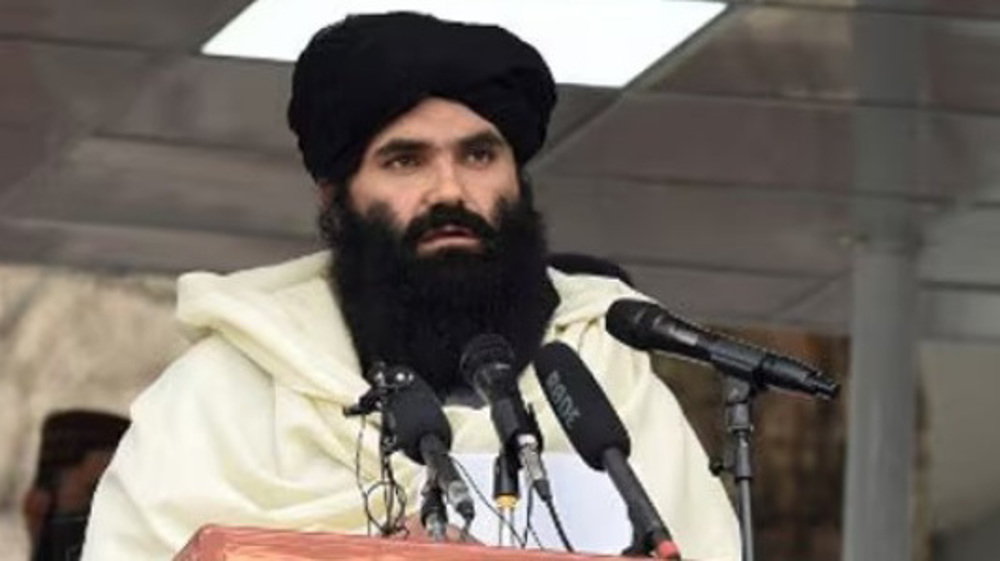
Taliban says US has lifted $10 million reward for information on deputy chief Haqqani
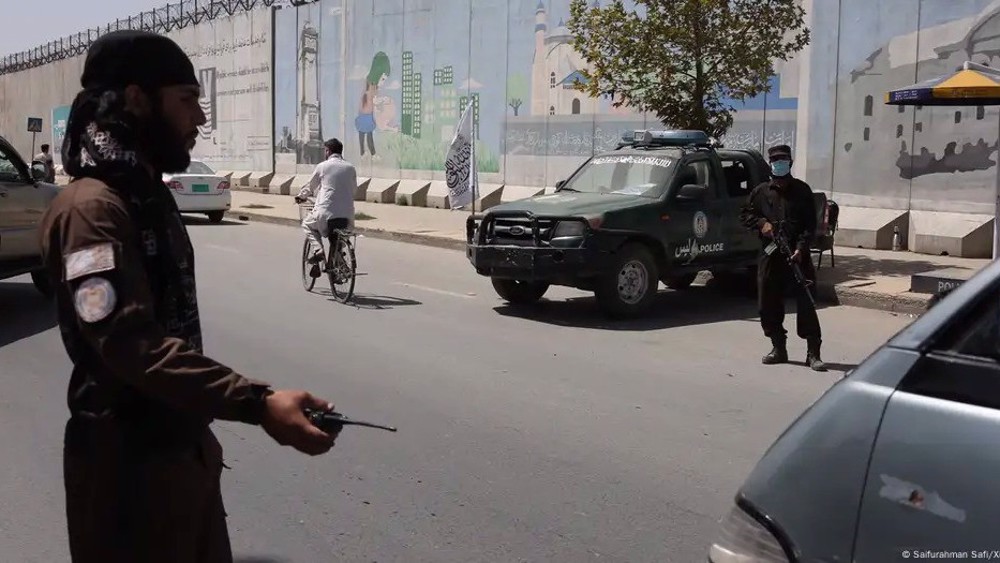
Deadly bombing attack targets Taliban ministry building in Kabul
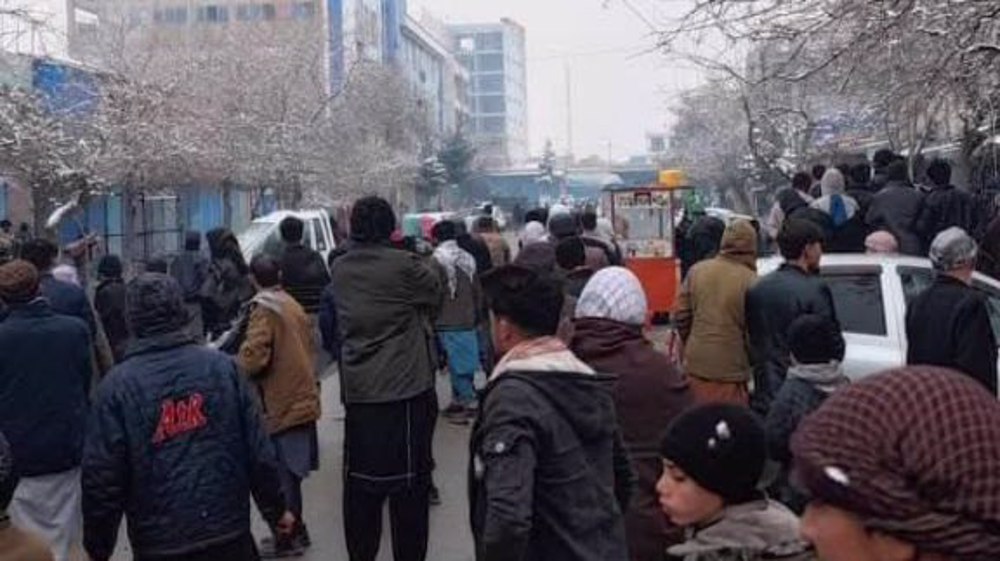
Daesh claims deadly bombing attack in northern Afghanistan
VIDEO | Massive rally in Yemen continues support for Palestine despite US aggression
Iran backs sovereign, stable Syria free of terrorism, UN envoy says
Iran-US talks: Trump, sanctions and the mirage of a durable nuclear deal
VIDEO | Gaza’s looming famine
US universities defy Trump deportations of foreign students
WFP: Food stocks depleted in Gaza due to all-out Israeli blockade
Yemenis hold nationwide rallies to condemn US aggression, support Palestine
VIDEO | Press TV's news headlines


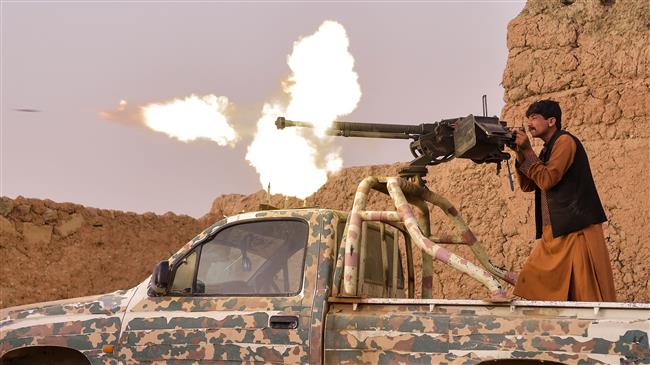
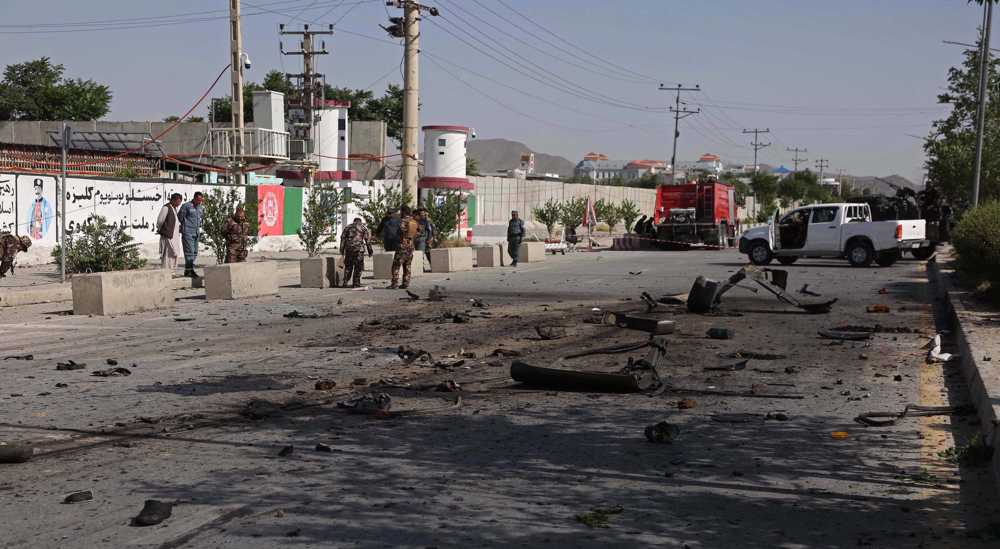



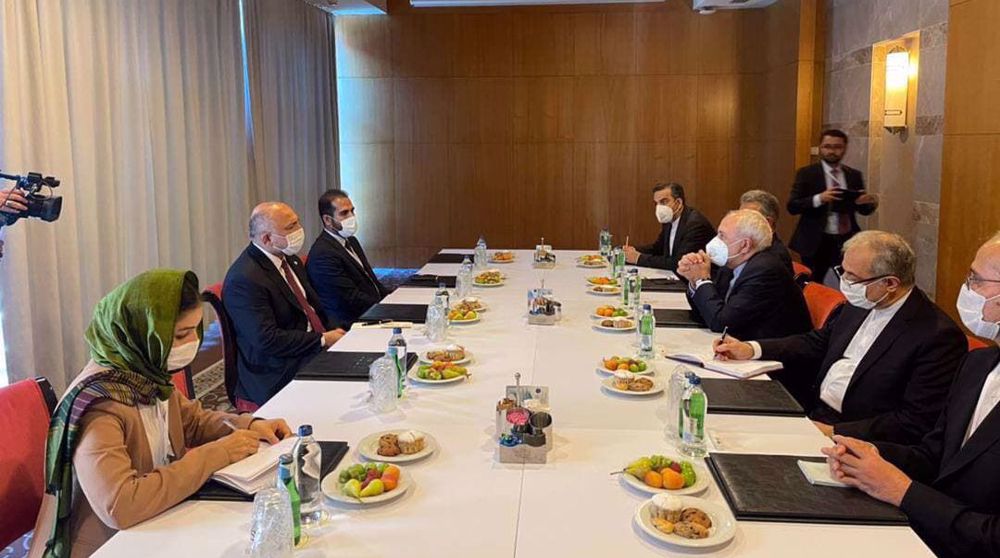
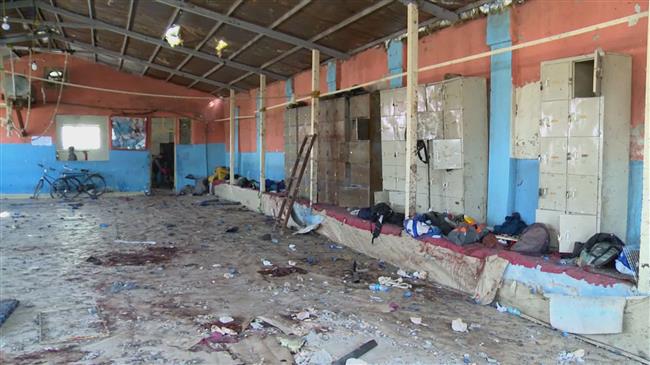
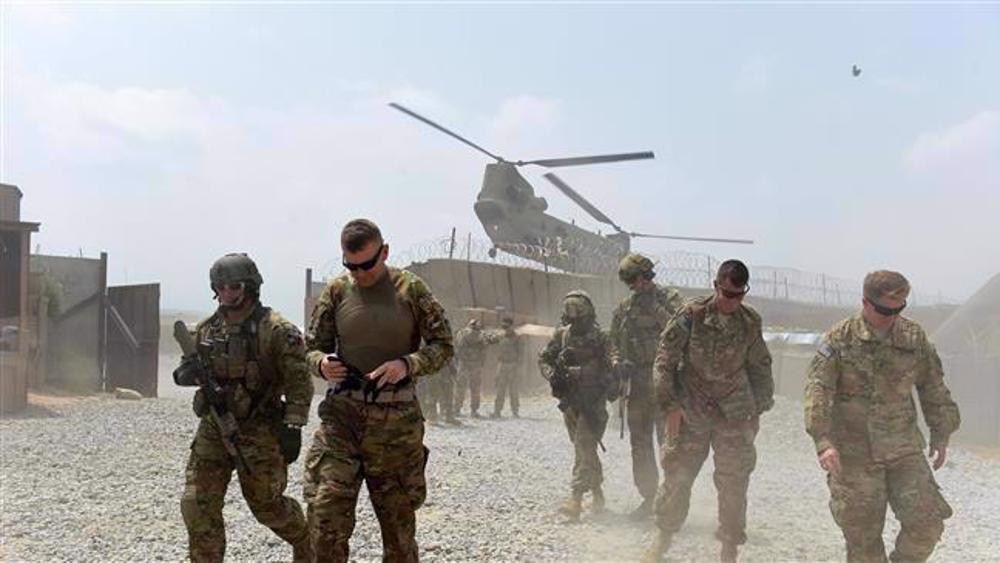
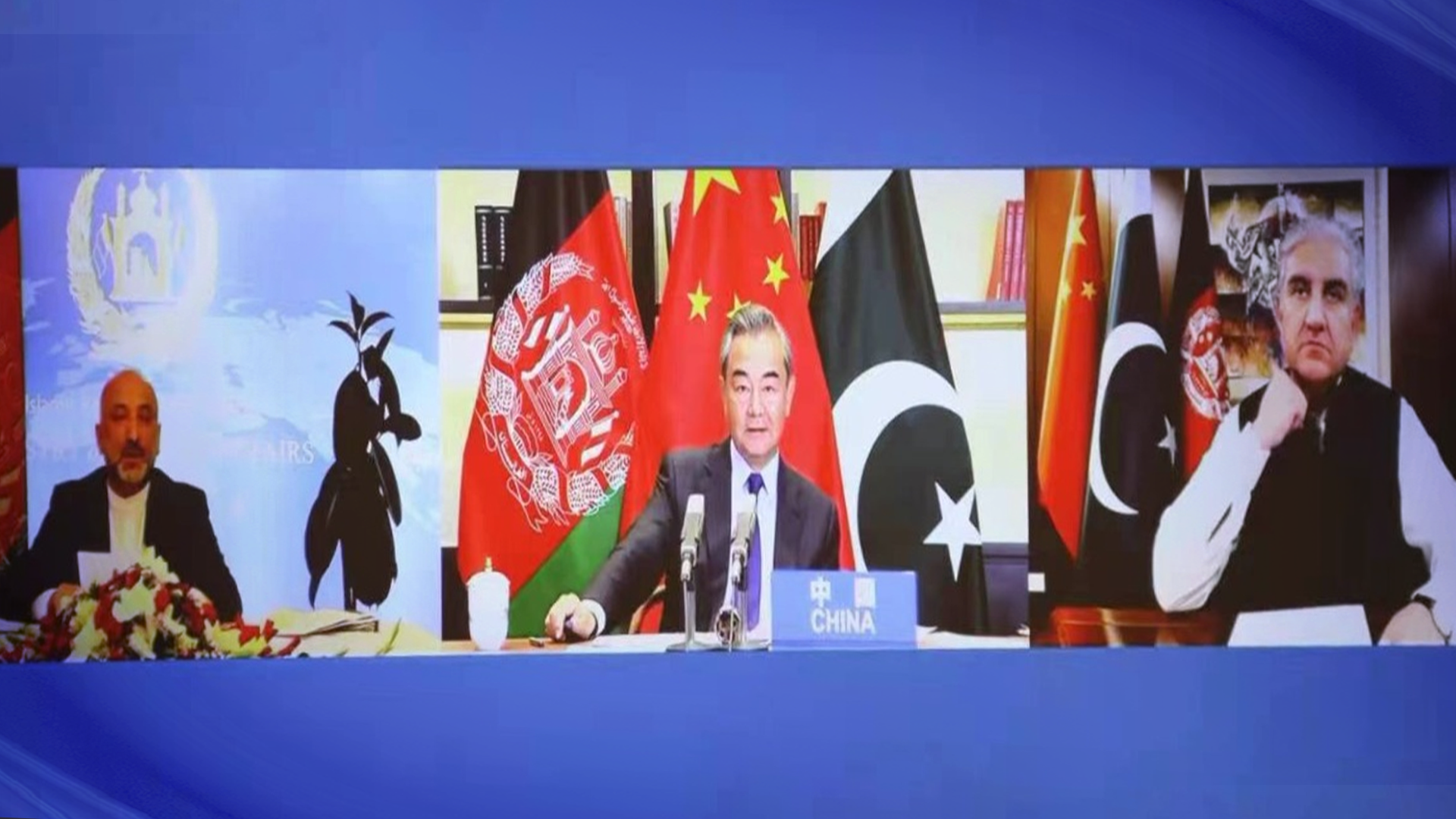
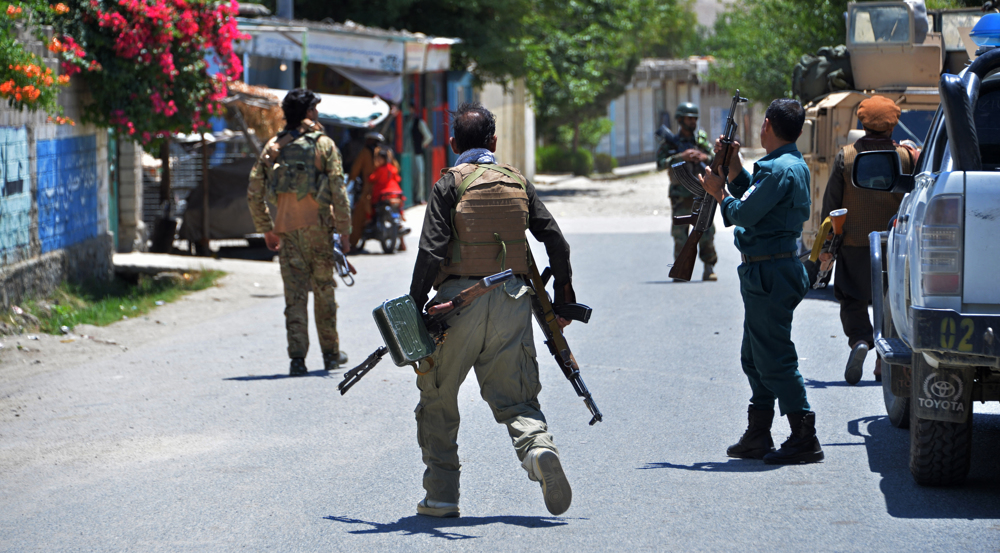
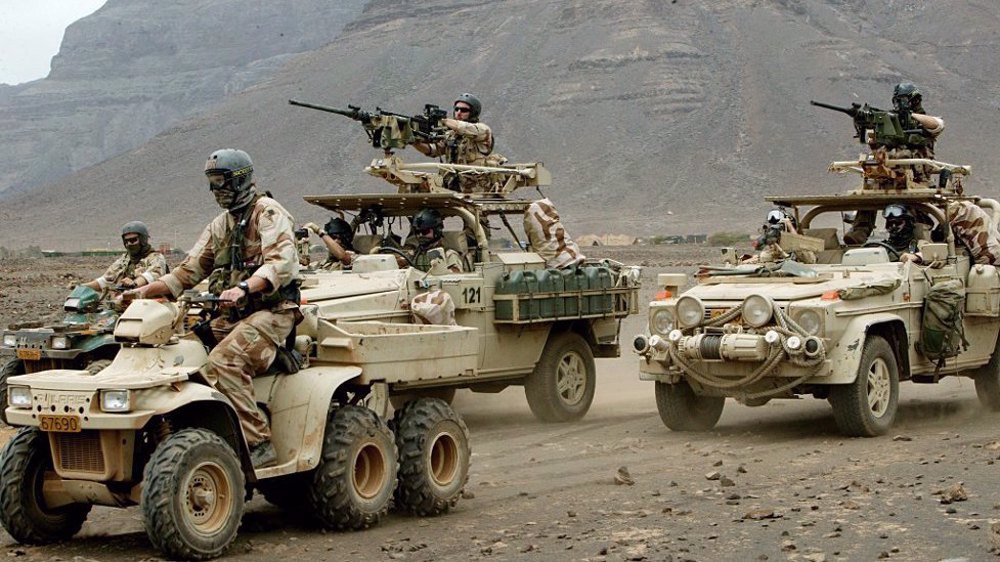
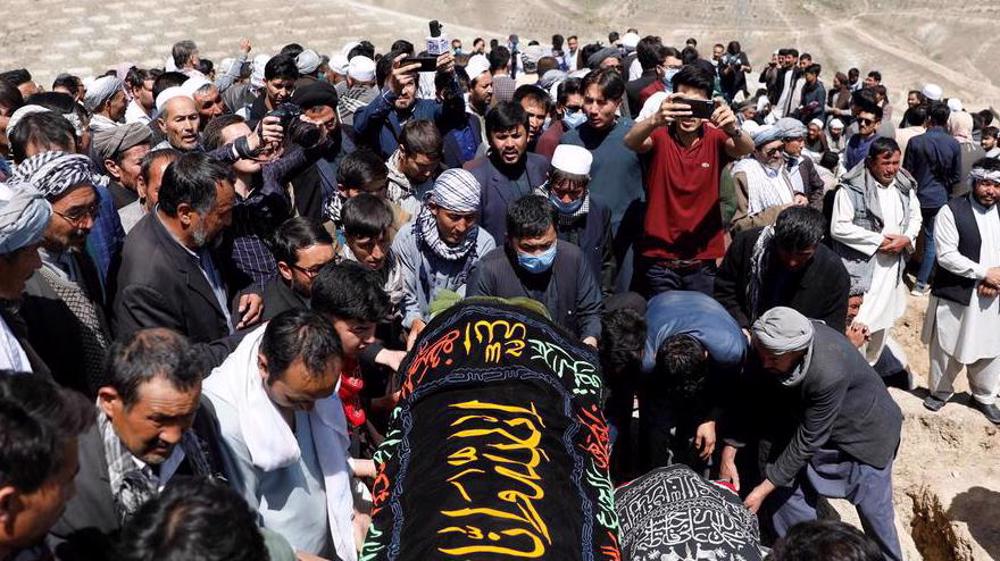
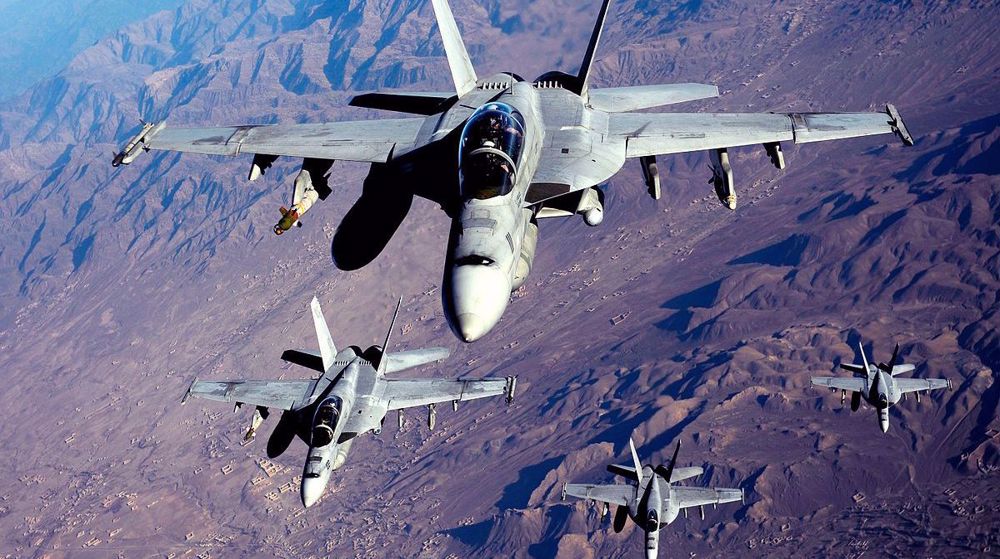
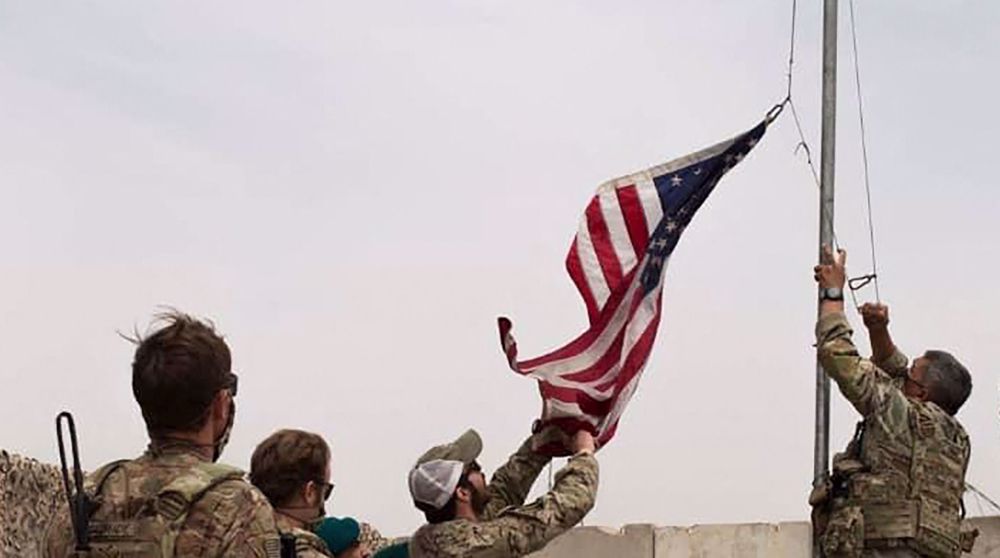
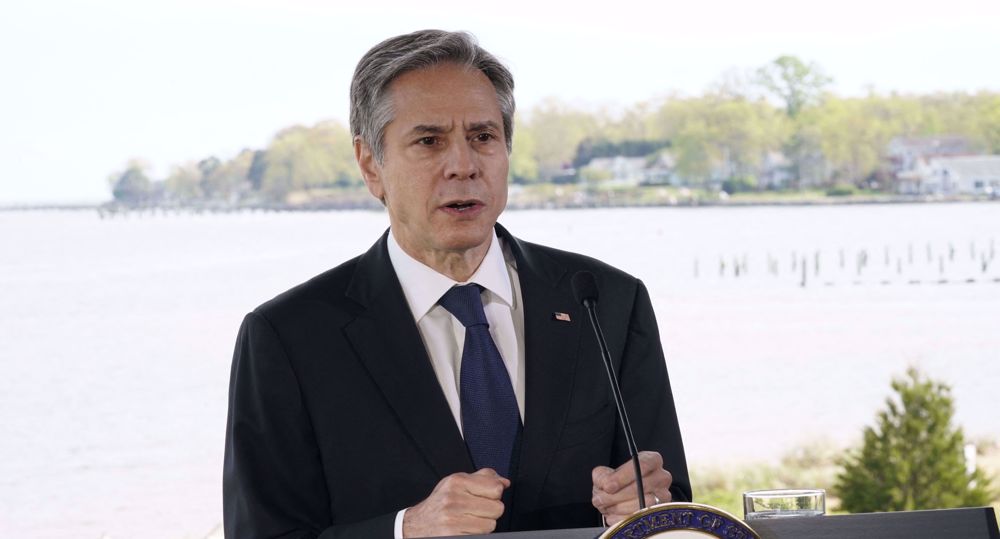

 This makes it easy to access the Press TV website
This makes it easy to access the Press TV website